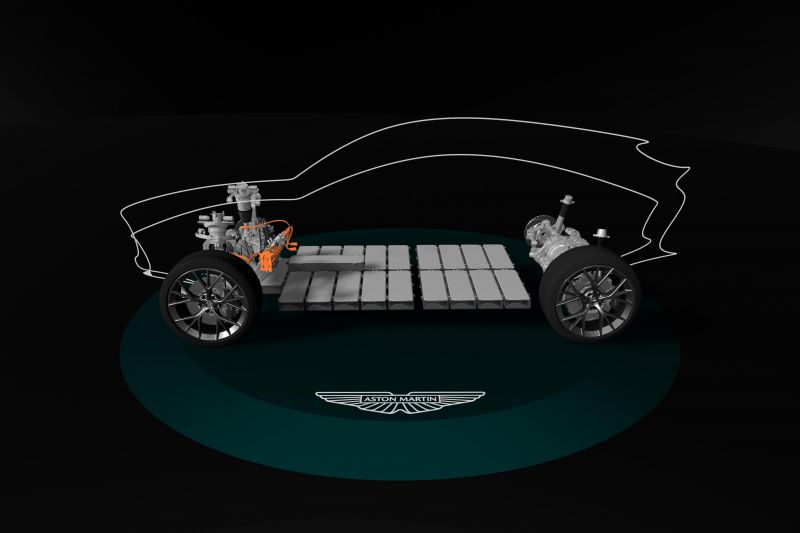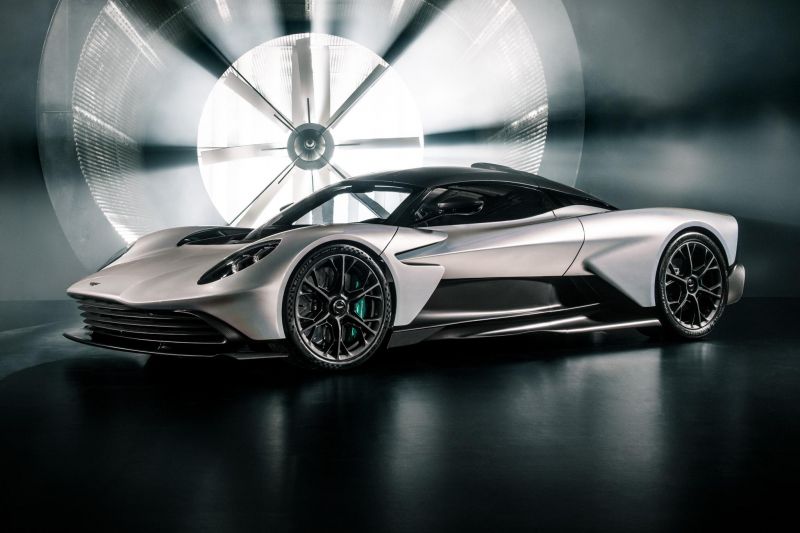The first electric vehicle (EV) from luxury marque Aston Martin has been delayed by at least one year, as the automotive industry continues to face lower than expected demand for battery-powered vehicles.
Reuters reports Aston Martin’s debut EV will now debut in 2026 at the earliest, a year after it was initially expected to launch in 2025.
As with fellow British brand Jaguar Land Rover, Aston Martin has cited a drop in EV demand, and will instead divert some of its energy in the meantime to developing plug-in hybrids (PHEVs) – of which it claims there is “much more driven demand”.
“The consumer demand (for EVs), certainly at an Aston Martin price point, is not what we thought it was going to be two years ago,” Aston Martin’s executive chairman Lawrence Stroll told media, including Reuters.
It is still unclear whether the first Aston Martin EV will be a sports car or a more practical model, though it is known the as-yet unnamed model will use a front electric motor developed by the brand and a rear motor produced by US EV manufacturer Lucid.
The Valhalla supercar, Aston Martin’s first PHEV, is due to enter production this year, with all 999 examples powered by a twin-turbo 4.0-litre flat-plane crank V8 engine, shared with the Mercedes-AMG GT Black Series.
While the petrol engine will produce 588kW on its own, a trio of electric motors increase its combined outputs to 744kW and 1012Nm.
According to Mr Stroll, Aston Martin more than halved its pre-tax losses by the end of 2023, thanks in part to deliveries of its flagship Valkyrie hypercar finally beginning after multiple delays.
The new Aston Martin Vantage sports car is also expected to bolster its return to good financial health, given comprehensive updates announced for the model last month.
Aston Martin has previously targeted for its “core range” to be electrified by 2030, though this includes hybrid options as well as full EVs.
MORE: Everything Aston Martin





